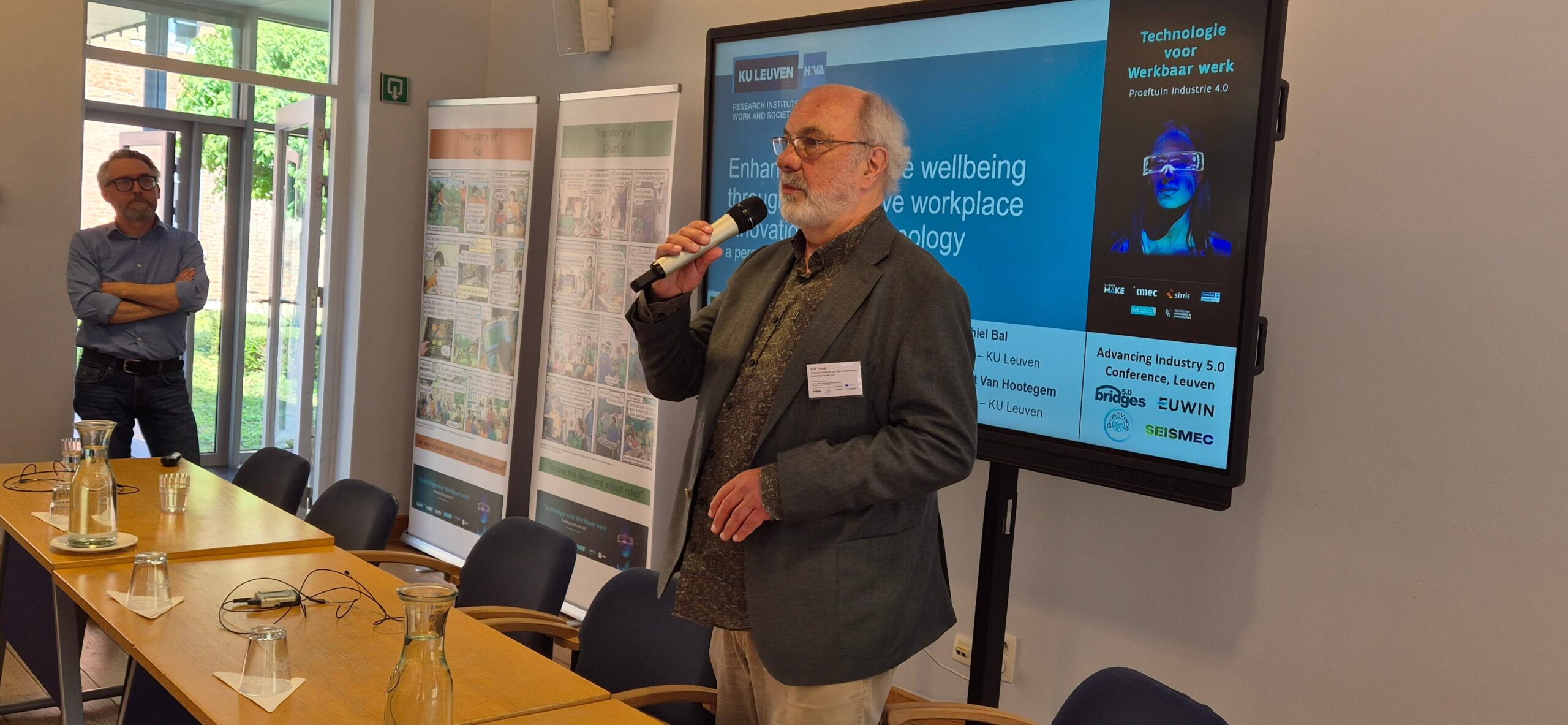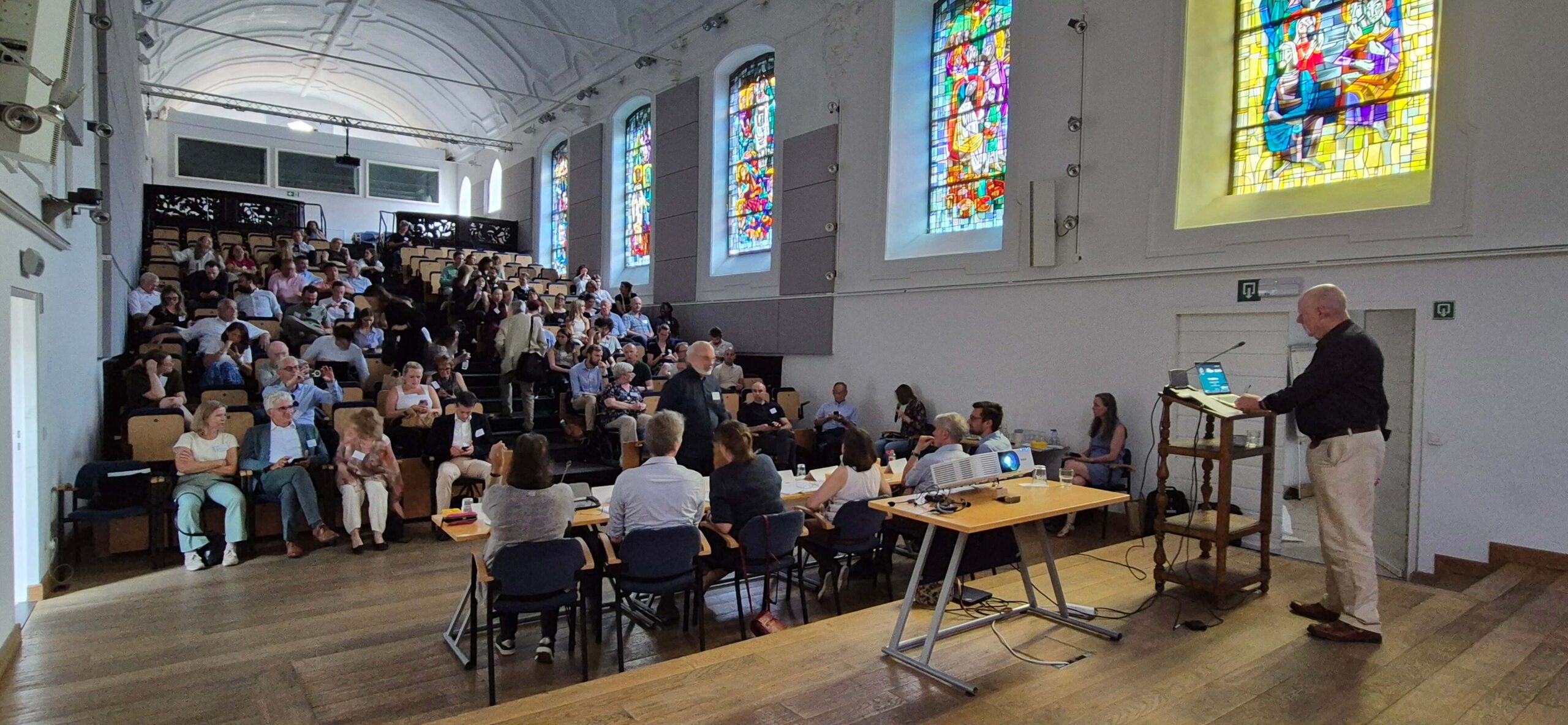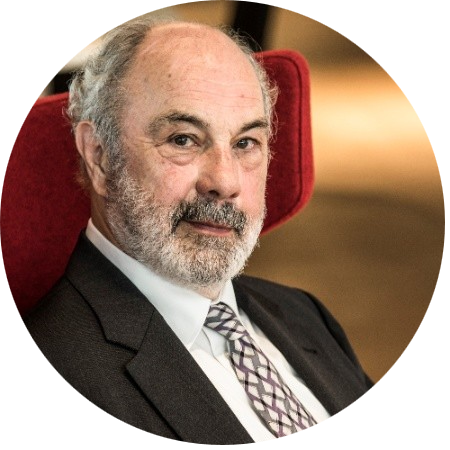Three takeaways from ‘The Advancing Industry 5.0 conference’ in Leuven
The Advancing Industry 5.0 conference in Leuven has been a special conference because several research programmes reported together about the results.
I realised that our community is quite successful in acquiring European projects. This can be attributed to the esteemed reputation of the participating organisations and the excellent leadership of the project managers. It is an honour that our community has the opportunity of contributing to the newest European policy of Industry 5.0 in which the wellbeing of the worker is at the centre of the production process.
Let’s hope that the European Commission continues to put the wellbeing of workers first and does not weaken this because of competition with the United States.
We’ve heard many interesting cases which throw light on the opportunities and conditions for achieving workplace innovation. One set of conditions is knowledge about organisational design. The other set of conditions is about why this knowledge is not applied more widely, for example because of power relations. But also, how researchers can contribute to the desired changes.

This brings me to the first of three comments. It would be good to share experiences with action research more often with new generations of researchers, although I understand that most funding agencies do not ask for or even allow action research.
A second comment is that some research projects are limited to a description of the situation or to what people (employers, employees) think. There is then hardly any explanation as to why the situation is the way it is and why people think the way they do, while explaining is the core of science. In addition to describing and explaining, it is perhaps too much to ask to also reflect on the question of why the situation is not as good as it could be, also known as critical theory. Here too, the fact that most research is dependent on external funding may play a role.
My third comment is about concepts and theories. We are busy giving content to all kinds of new concepts such as human-centricity and sustainability. But that content has already been available for a long time, even if it used to be called something else, for example humanization, worker participation, social dialogue, job quality, sociotechnical design or workplace innovation. We do not have to reinvent the wheel. The conference started with a good example, the explanation of the concept of employee participation by David Guest. We can benefit from concepts and theories developed in the past and adapt them to the current situation if necessary.
Finally, I think you will agree with me that we should remain or become politically active. In the United States, researchers in our field are being called radical leftists and entire institutes are being closed down, such as NIOSH, 1200 colleagues. This sentiment is also present in Europe, although less strongly than in the US. But it happened before in Europe, in 2006 in Sweden when the NIWL was closed down after rightist parties could form a government. We must work on strong alliances.
Later in the meeting I added: Let’s look again at the evaluations of previous national programmes to learn from it.

Share This Story!

European Workplace Innovation Network (EUWIN)
EUWIN was established by the European Commission in 2013 and is now entirely supported by contributions from an international network of partners co-ordinated by HIVA (University of Leuven). EUWIN also functions as a network partner to BEYOND4.0 and BRIDGES5.0 projects.
Contact: Workplace Innovation Europe CLG (contact@workplaceinnovation.eu).
